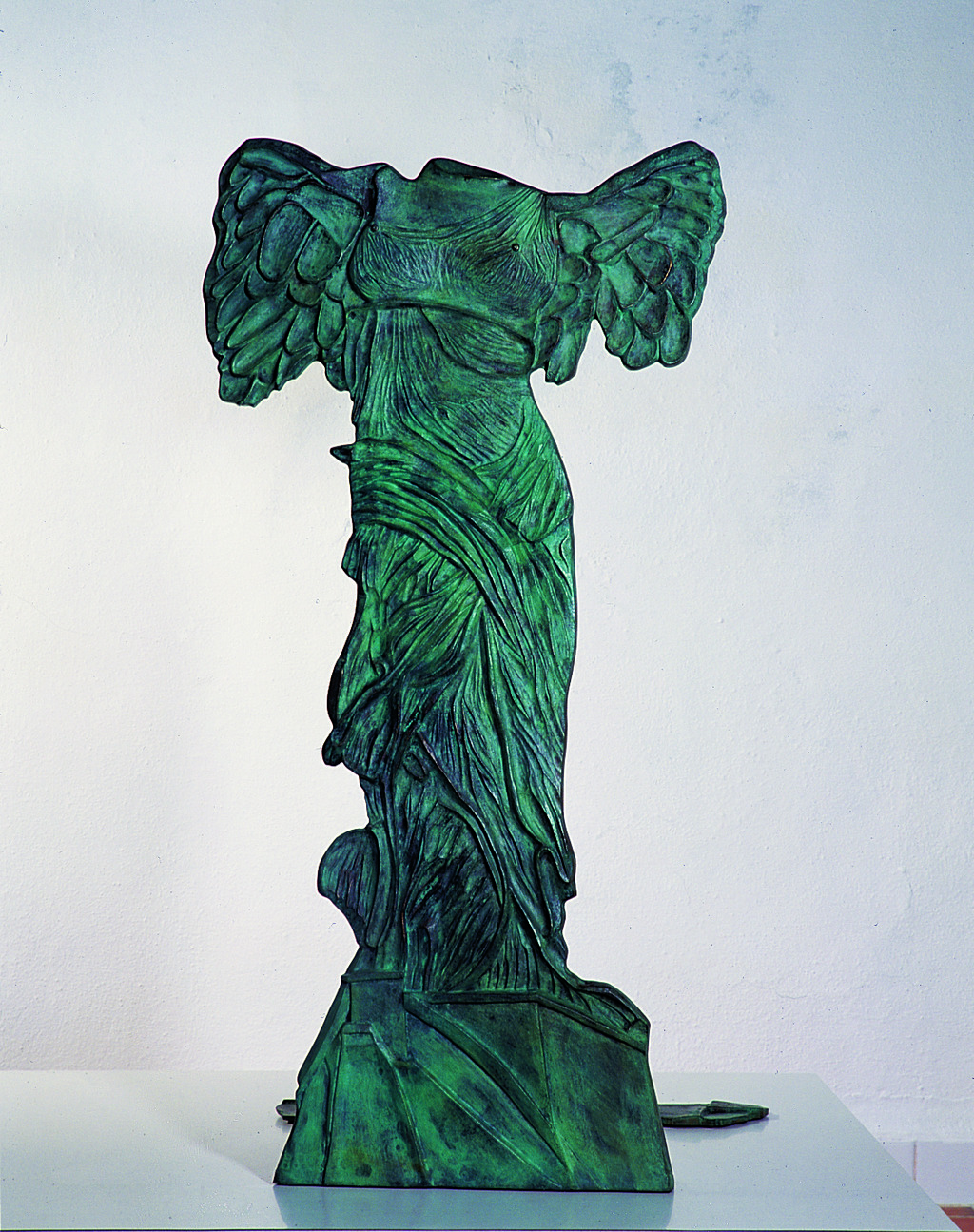Of impulses and knowledge
From David Hume to Antoni Miró. Obviously, impulses also bring us closer to knowledge, and the reasons are adjusted to the spaces by the need to favour the apprehension of the world around us. Leaving litigation on the margin, the will rushes, along with the desire, towards the geographies of the unknown, opening a curiosity for all that is not yet born. Like a reverberation of the prism of the spirit that reflects light decomposed into a thousand signs of intuition, or of life, nothing more. But impulses can also be argued, through the obtained achievements, a rooting of knowledge for the conquest of knowledge. If Hume establishes the supremacy of reflection, Antoni Miró does not despise the possibility of the impulses that lead him to choose a path for his painting, a special way of contributing his reflection and, also, the knowledge acquired. The artist finds, in the fiction of the future, a strong stimulus for his creation. It could also be a complex way to pledge your word. While Hume argues: "There is a great difference between the opinions we form after a quiet and deep reflection, and those we embrace by a kind of instinct or natural impulse, because of their convenience and conformity with the spirit ... ", In his work" Of knowledge ", SARPE 1984, p. 171.
Josep Sou
